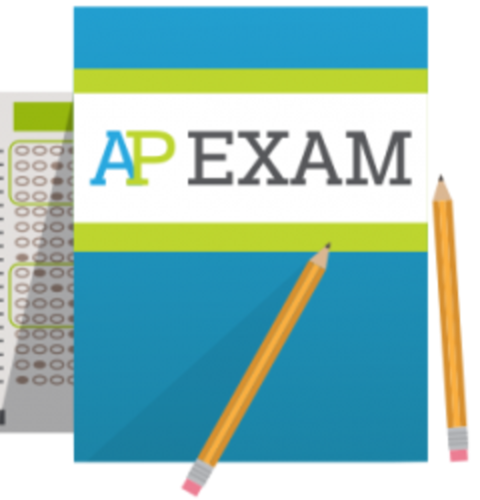An overview
AP stands for Advanced Placement Exam. In the United States, the College Board offers Advanced Placement exams to high school students who have completed advanced courses in various subjects. College credit may be awarded for an AP exam, which tests students’ knowledge and skills in college-level courses. AP exams are typically taken in May each year, and they cover a wide range of subjects, including English, math, science, history, and foreign languages. Students can gain College credits if they score 4/5 on the AP exams. Also, demonstrate academic excellence to college admissions officers, and prepare for college coursework by taking AP courses.
Tips for AP exam week
- Review: The day before the exam students should just review the notes, key points and formulas.
- Practice Test: Do not take any Full practice test or section test. Only practice some hard and unique questions.
- Rest: Take a complete rest a day before the exam. Eat early healthy dinner and sleep early.
Be sure to bring these
- If you are taking an exam with the approved testing accommodation, make sure you bringYour College Board SSD Accommodations Letter.
- If your test center is a different school than your current school, then make sure you have your school-issue photo Id or government-issued one (license/Passport, etc.)
- No. 2 pencils for your multiple-choice answer sheet. (Students outside the U.S.: bring HB or No. 2 pencils.)
- Pens with black or dark blue ink for completing areas on the exam booklet covers and for free-response questions in most exams.
- An acceptable scientific calculator if your AP exam requires a calculator.
- A ruler or straightedge only if you are taking an AP Physics Exam. Protractors are not allowed.
AP Exam Day Tips
Here are some tips to help you to take the exam confidently:
- Understand the Exam Format: Familiarize yourself with the exam format, including the number of questions, types, and time limits.
- Use Mnemonics and Visual Aids: Mnemonics and visual aids can help you remember complex concepts and ideas.
- Arrive early: Arrive at the testing center early to give yourself enough time to check-in and get settled. Rushing to the testing center can cause unnecessary stress.
- Read and follow instructions carefully: Take your time to read and understand the instructions for each section of the exam. Make sure you know how many questions you need to answer and how much time you have.
- Manage your time: Use your time wisely during the exam. Keep an eye on the clock and make sure you have enough time to answer all the questions.
- Answer the easy questions first: Start with the questions that you find the easiest. This will help you build momentum and confidence for the more challenging questions.
- Pace yourself: Don’t spend too much time on any one question. If you’re unsure about a question, make an educated guess and move on.
- Show your work: When solving math or science problems, show your work. This can help you earn partial credit even if you don’t get the answer completely right.
- Stay calm and focused: Try to stay calm and focused throughout the exam. Take deep breaths and don’t let any mistakes or difficulties throw you off.
- Review your answers: Use any remaining time to review your answers. Check your work and make sure you haven’t missed any questions or made any careless mistakes.
- Food & Drink: Do not take the food and drink inside the exam room. If permitted students can have them in the 10-minute break between session 1 and session 2.
Tips and strategy to fill the exam bubble sheet
- Name and ID: Make sure you fill in the name and ID properly in the bubble sheet.
- Bubbles Marking: Make sure in the multiple choice only one bubble is filled.
- Free Responses: Make sure you follow all the rules in answering the free response questions. For example, in Math – All the steps should be written to reach to the solution.
- Do not write your answers in the Multiple-choice section. You must mark the bubble. If the bubbles are not marked the question will not be scored.
Remember, the AP exams are designed to be challenging, but with adequate preparation, a positive mindset, and smart exam day strategies, you can ace your exams and earn a high score.










